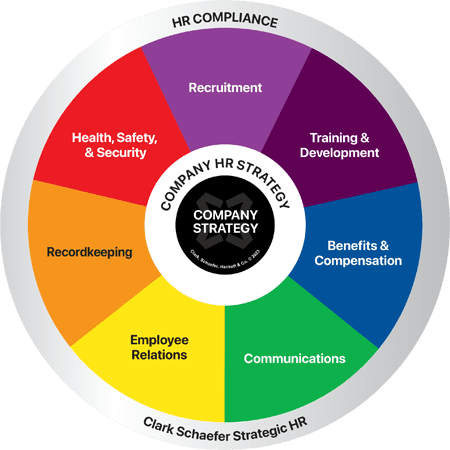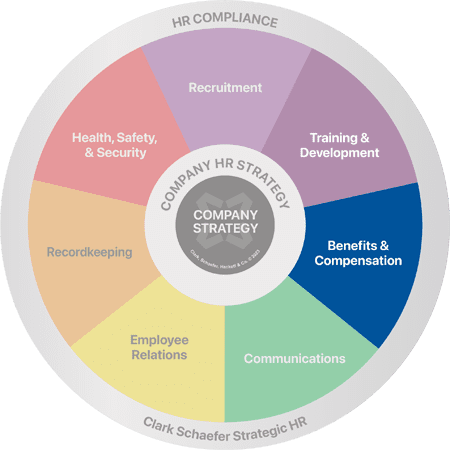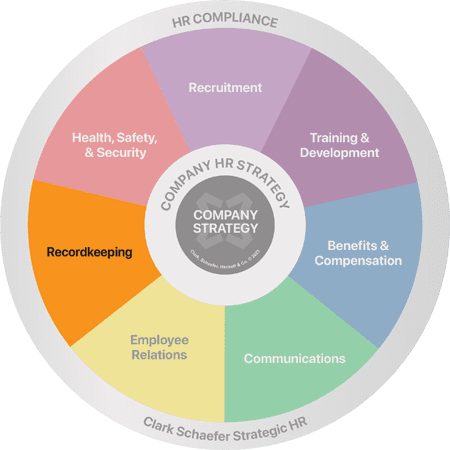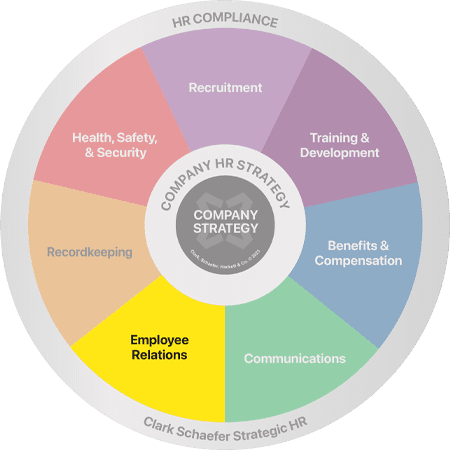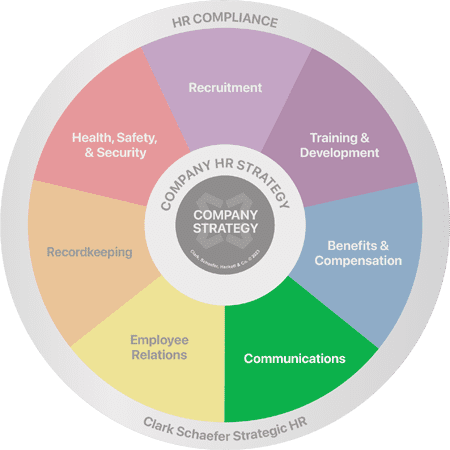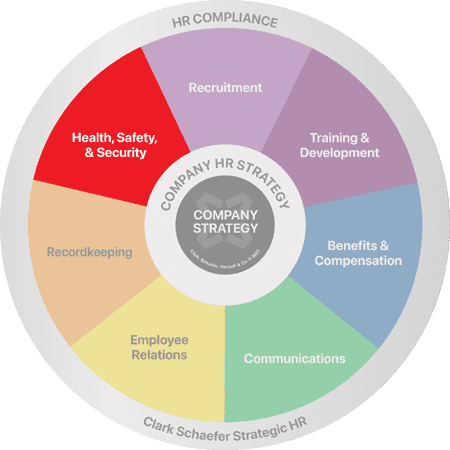HR’s Role During An Economic Crisis
Last Updated on May 9, 2023 / HR Strategy

High inflation, rising interest rates, record-low unemployment, and strong consumer spending seem to have economists scratching their heads. In today’s economic uncertainty, HR professionals are preparing to pivot to meet the needs of their organizations should the economy go into recession.
HR professionals are no strangers to navigating and leading through turbulent times. Throughout the pandemic, HR was and still remains on the front lines – leading change and creating a culture and space that supported a massive transition to remote work and pandemic-safe work environments. HR professionals demonstrated skills that had not been relied upon by many companies in the past, creating a focus on minimizing costs while engaging staff during challenging times.
HR professionals found themselves providing staffing insights to navigate difficult business decisions, offering creative problem-solving, and managing talent and culture, more than they ever have in the past. In this article, we will highlight several ways in which human resources professionals can continue to pivot and develop creative approaches to help their organizations weather the storm of the current economic crisis.
Assessing and Addressing Talent Needs
It may be expected that HR’s role during an economic crisis would center around talent. As companies make critical staffing decisions, the evaluation of talent and the use of that talent becomes paramount. During cost-saving conversations, significant efforts must be made to make effective use of staff. HR leaders can address these priorities through performance evaluations, development tools, succession plans, and cross-training initiatives.
Despite predictions, unemployment remains at historic lows and the Great Resignation could be seen as the beginning of a long-term shift in the labor market. For many businesses, growth has been slowed because of workforce shortages. Fortune indicates that the U.S. workforce participation rate has fallen to 62.3%, which is down from 67% in the late 1990s. More than ever before, HR professionals need to focus on strategies to help their organizations attract, retain, and develop high performers.
As organizations strive to meet their attraction and retention goals, they are also faced with the realities of the current economic conditions. The soaring cost of living has placed pressure on employers to increase salaries as paychecks are stretched by the significant increase in the prices of household goods. HR’s role is to help the business remain competitive in the job market by developing total compensation programs designed to motivate and reward high performance.
In addition to ensuring compensation and benefits are competitive, employers are challenged with meeting the needs and expectations of a multi-generational workforce. In our experience, the top reasons that job seekers across all generations choose to join a company besides salary are the ability to enjoy work-life balance and having growth and learning opportunities. HR can champion programs that motivate all generations of employees by offering ample paid time off, flexibility, and learning and professional development opportunities.
By taking a multifaceted approach, today’s HR leaders have the opportunity to create the workplace of the future that is designed with successful talent attraction and retention strategies built in.
Reskilling for the Future
As technology rapidly advances, one thing is certain – many businesses are finding a skills gap with current employees, and this gap is hindering growth. During times of an economic slowdown, HR can shift the focus to the future and find ways to fill skill gaps with current employees through training and development opportunities.
This can be a win-win situation as it helps the business to better meet its needs, and it addresses the desire of employees who are looking for growth and learning opportunities.
Managing the Mood
Difficult times become the most integral time to “manage the mood” of the company. Another component of HR’s role during an economic crisis is to partner with the leadership team to encourage and embrace a culture open to flexibility, evolution, and giving grace to others.
Particularly during times of economic downturns or layoffs, it can be hard to maintain the psychological safety of the team. This is the time to remain transparent in communications on what is happening in the organization, as well as recognizing what is left unknown. Employees left in the dark can become disengaged, putting your organization at risk of fostering a culture of quiet quitters.
Supporting Mental Health and Well-Being
Economic challenges always take a toll on employees in one way or another, and consideration must be made for the mental health and well-being of those that are at the heart of your organization to assure a thriving and productive environment. Promote your Employee Assistance Plans (EAPs), take advantage of the co-pay waiver of many health plans for mental health, and provide regular communication to staff on financial offers from local banks and community resources.
It’s no secret – HR’s role in this economic crisis has shifted and grown. The current economic crisis has put pressure on HR professionals and business leaders to do more with less. Businesses across the board are all looking for creative ways to engage their workforce, reinforce productive and positive behavior, and retain staff – all while allaying employee concerns and fears.
Human Resource professionals can and should take this unique opportunity to play a significant role in leading their organization through this national crisis. By showing their support of the business and its employees through appropriate economic-driven actions, they can support both the organization’s vision/mission and its employees’ health and wellbeing.
Special thanks to Colleen Mahoney, PHR, HR Business Advisor, for contributing to this article.
HR plays an integral role in optimizing your operations during challenging times. Clark Schaefer Strategic HR can help with your leadership and HR strategy. For more information, please visit our HR Strategy page, or simply contact us – we’d love to hear from you.

